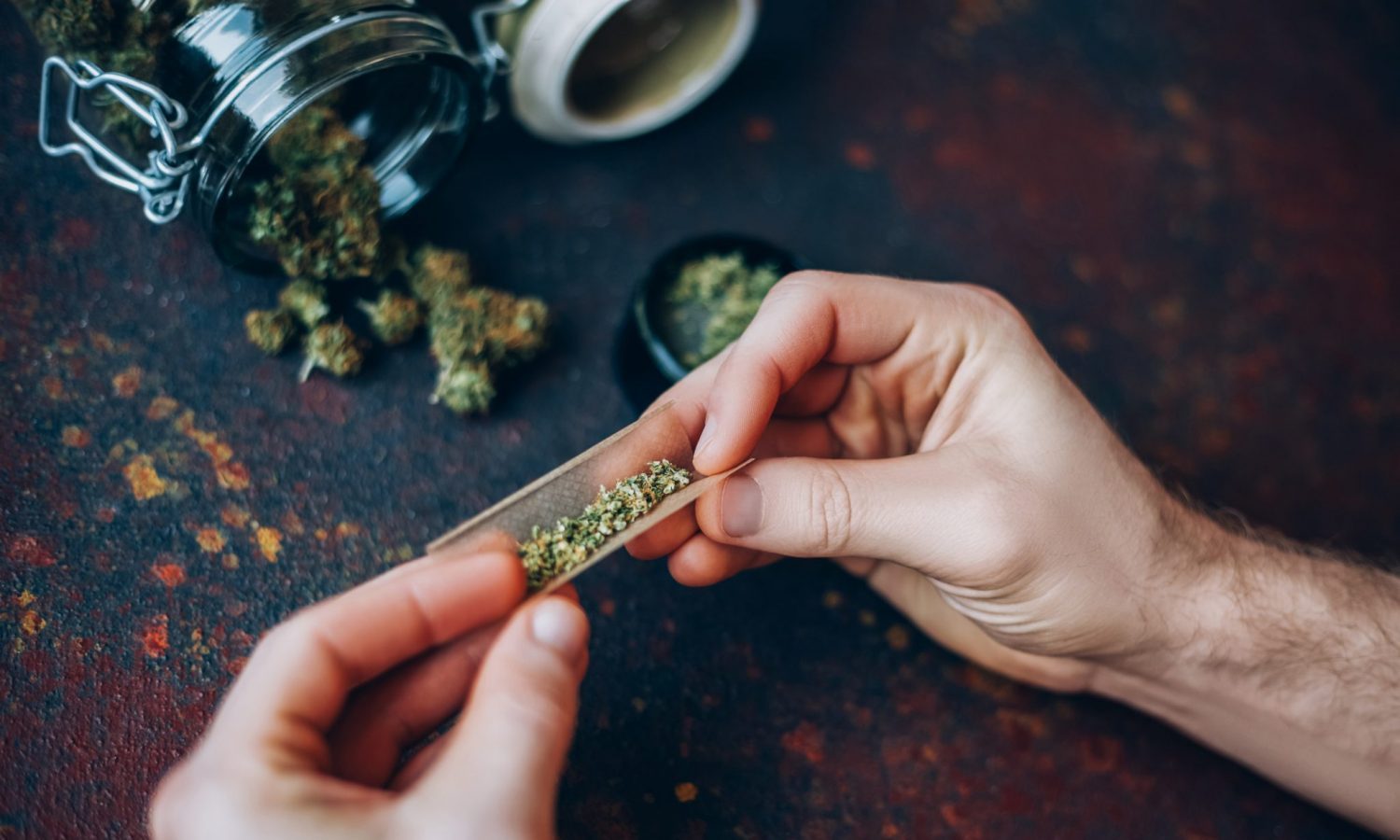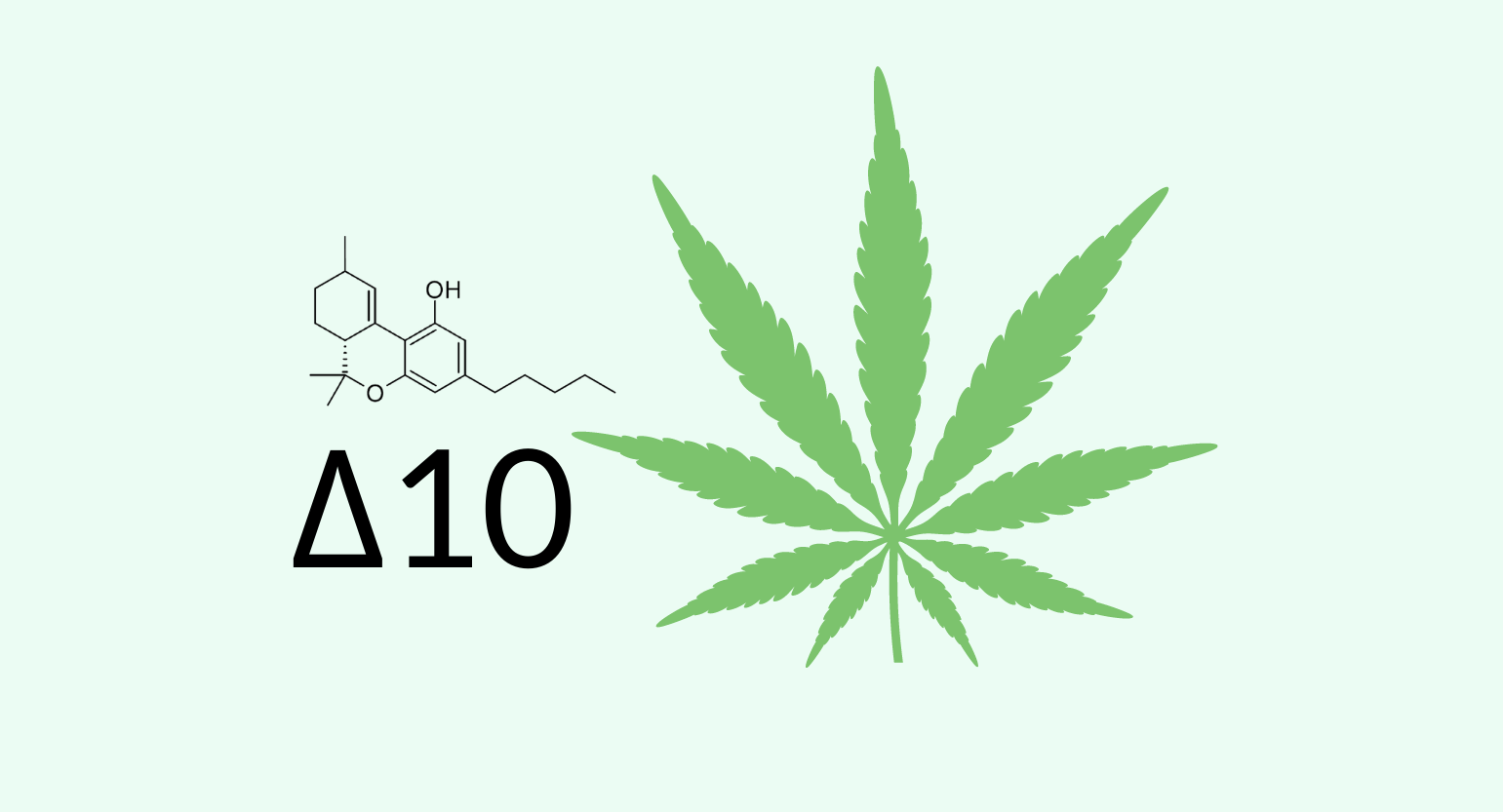There has been a surge in interest in THC recently, due to its diverse forms. CBD, a non-psychoactive compound believed by some to have therapeutic properties, began the cannabis craze. However, due to a growing acceptance of cannabis and its psychoactive properties, other cannabinoids are now becoming more popular.
THC is still illegal in the federal government despite its growing acceptance. While some states have permitted it for various purposes, laws remain complex.
Many consumers want to know more about delta 10 distillate now that it’s available on the market. There are a few benefits to delta-10 in comparison to delta-9-THC. It explains everything you need to know about D10, how to use it, and what it does.
Table of Contents
How Does Delta-10 Work?
It can be defined simply as a cannabinoid. It’s a type of THC (tetrahydrocannabinol) found in small amounts in cannabis.
When consumed by humans, it can produce a psychoactive high similar to other tetrahydrocannabinols. Nonetheless, it is less potent than delta-9-THC, the most common type of THC found in marijuana.
There are trace amounts of D10 in cannabis plant matter, but it cannot really be removed. Manufacturers instead synthesize it from more abundant cannabinoids.
Delta-10-THC has been around for some time, and Raphael Mechoulam described its synthesis in 1984. The methods used by doctor Mechoulam, however, required harsh chemicals and were not suitable for consumable products.
Delta-8 vs. Delta-10
There are many cannabis enthusiasts who are familiar with delta-8-THC. It is often used as a diluted version of weed, allowing for a less intense high than “real” weed. According to many accounts, delta-8 has about half the potency of delta-9.
D8 is closer to Delta-10 concentrate on a scale of 1-10. As a result, the effect of intoxication is more subdued than that of recreational cannabis. There are still differences between the two compounds.
Delta-8 produces a high similar to that of an indica strain. D10, however, is more like a mild sativa.
When choosing between delta-8 and delta-10, it’s easy to think of the effects in terms of indica vs. sativa strains. This is the stereotypical view. A Delta-8 high is comparable to that of an indica, with a physical, couch-locking effect. The cerebral, uplifting high of D10 resembles more that of a mild sativa.

It has been suggested that D10 is more appropriate for use during the day, while delta-8 is better used during the evening hours.
How Strong Is Delta-10 Compared to Delta-8?
D10 was tested on pigeons in a 1988 study conducted by Raphael Mechoulam, who found it had a minor intoxicating effect compared to D9. As with delta-8, delta-10 appears to be weaker than delta-9.
Which of the two is stronger?
It is impossible to say based on the absence of definitive studies. As a rule of thumb, users typically take 25 mg to 50 mg of each cannabinoid. Even so, some people feel the effects after just 10mg of either cannabinoid, so it’s essential to be cautious when using either THC type for the first time.
THC Delta-10 Effects
Delta-10 concentrate does not have the same potency as delta-9-THC, as we have already discussed. However, even when taken in higher doses, it still has noticeable side effects.
Delta-10 THC has an energizing effect comparable to that of a sativa cannabis strain. Among users, they feel positive, with a hint of energy and a positive mood.
It should be noted that delta-10’s effects are not precisely studied, and much of the research has been conducted decades ago, making it out-of-date. As a result, the described effects are based on anecdotal evidence from current users.

